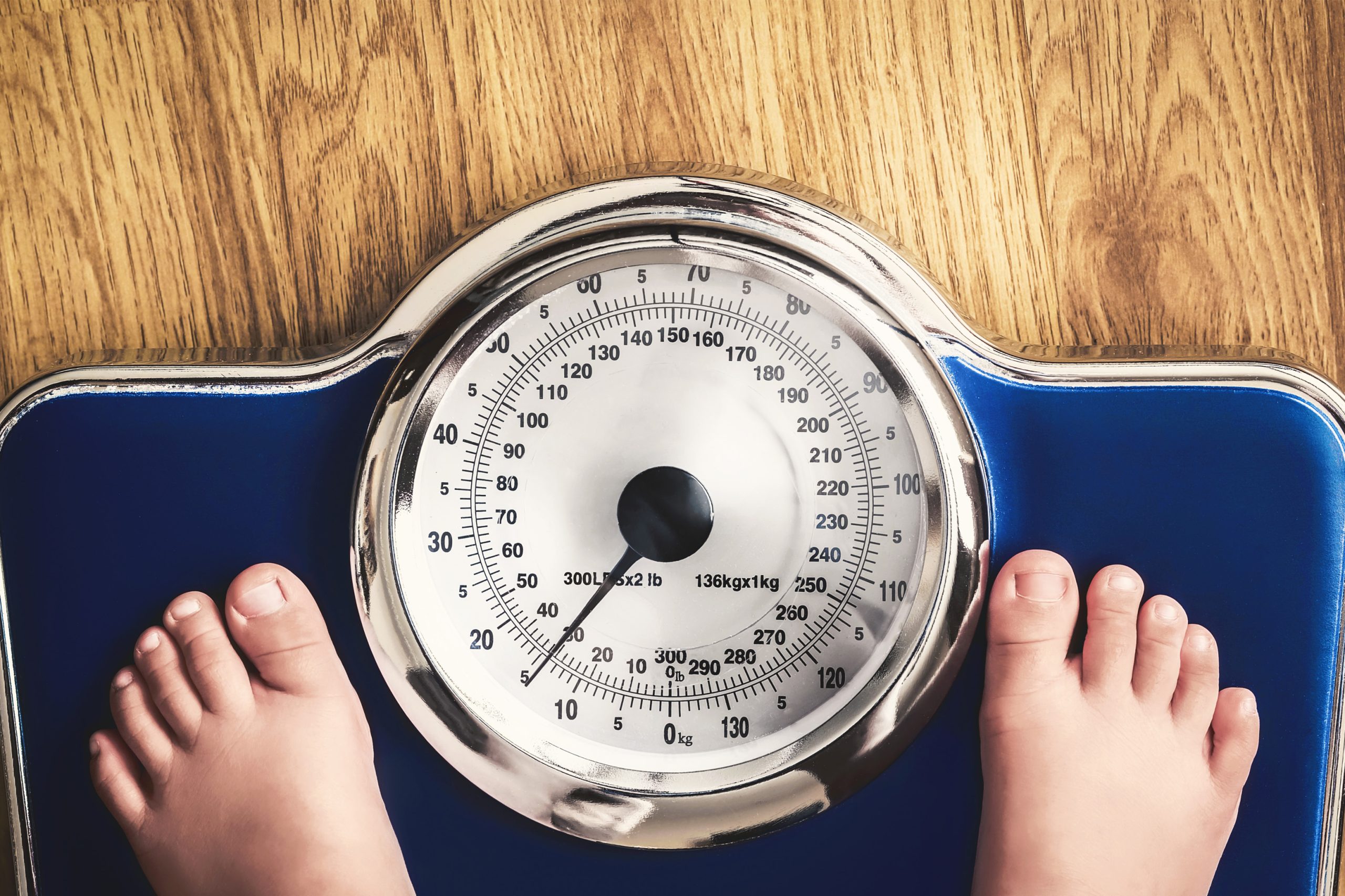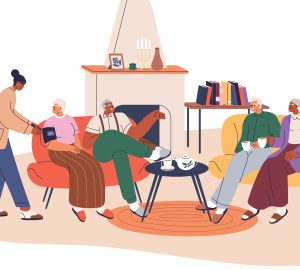When asked, close to 50% of 9- to 11-year old’s said they were sometimes or often on a diet. In light of the sobering statistic, I’d like to propose a far healthier alternative for adolescents. In my experience, the most beneficial diet includes social-emotional and mental health items, not calories.
Stop comparing themselves to peers and striving to fit in: Rita Mae Brown once said that the reward for conformity is that everyone likes you except yourself. Adolescents would be much happier if they stopped striving so hard to be like everyone else and instead spoke their mind and expressed their true self. The most grounded kids I know are more inner directed than outer directed; they follow their own north star and don’t care what others think about them. I tell girls I work with that they will never develop deep, true friends if they are not being authentic because it’s impossible for people to know their true selves.
Move on from toxic friends: Fight or flight isn’t the only stress response. Kids, especially girls, can often tend and befriend. Historically, being kicked out of a group meant death, and girls tell me that is exactly how it feels when they are excluded or lose a friend. Adolescents need to become aware of this predisposition as well as the costs to them of putting up with abuse. They are always teaching people how to treat them, and allowing toxic friends to mistreat them, sends the message that it’s okay. I advise kids that friends either inspire you or drain you, so pick them wisely.
Restrict social media: During my summer camp weeks, no electronics are allowed. At the end, girls always state that they did not miss their phones or social media. Surprisingly, they enjoyed not having to worry about what everyone was saying or doing. They were able to be more present with their camp friends and feel closer to people. Having experienced the upside of restricting the use of devices motivates them to create more breaks in their life without electronics.
Don’t make decisions to please or not disappoint others: Kids who make decisions to please others are less happy and fulfilled. Being outer directed in this way makes them feel like their life is driven by “have to’s” instead of “want to’s.” I’ve counseled a ton of miserable teens who are burned out with a sport but continue to play for fear of disappointing their parents, coaches and teammates. It takes courage for them to start advocating for themselves and what’s right for them even if it goes against the grain, but they all have that bravery in them.
Let go of all excuses for why you don’t practice self-care: Teens tell me that they know they need to practice more self-care, but there’s just no time. I encourage them to follow Stephen Covey’s habit of putting first things first. I strongly encourage them to create time for adequate sleep, exercise, time in nature and with the family, and quiet down time to reflect, express their emotions and access their intuition.
These five items would be great to eliminate from their everyday lives. Help kids become aware of the costs to them of continuing with these unhealthy patterns and also the benefits of removing them.
Tim Jordan, M.D., is a Behavioral Pediatrician who counsels girls aged grade school thru college. Listen to his weekly podcast, Raising Daughters, to gain information on raising strong, resilient girls. For more info on Dr. Jordan’s retreats, summer camps and books visit drtimjordan.com.








